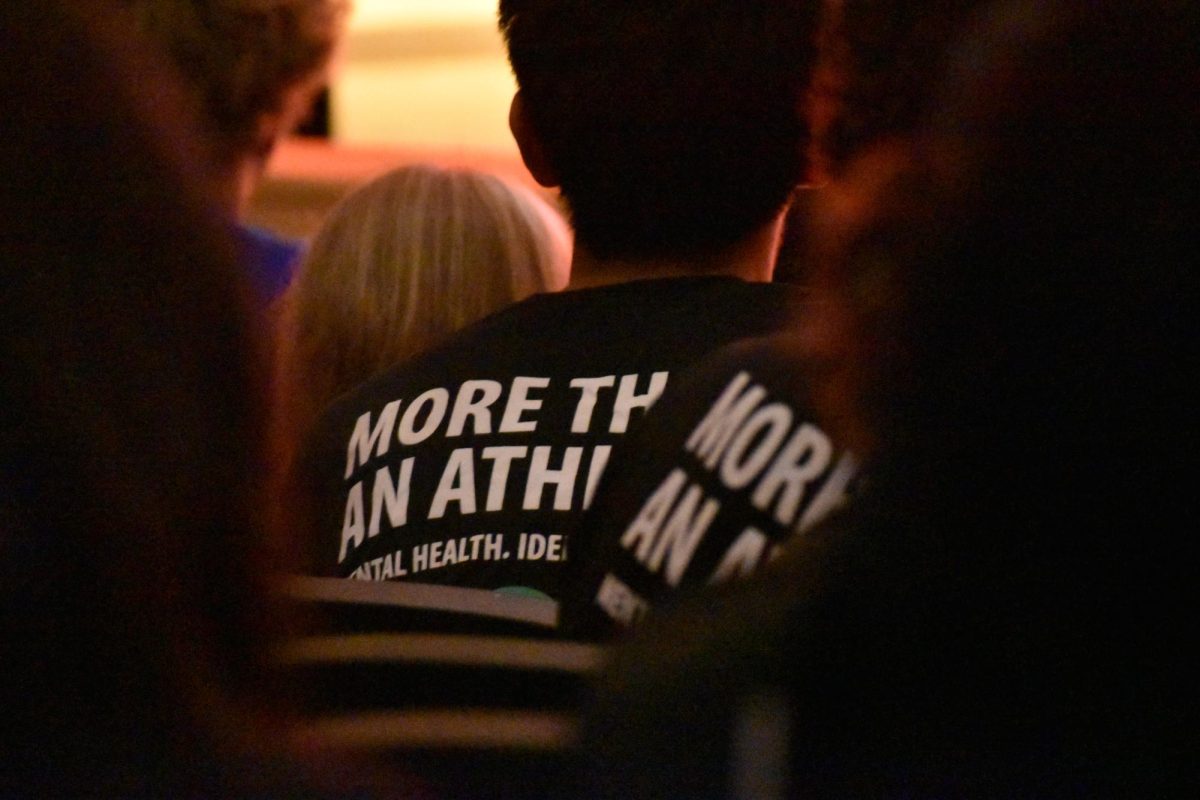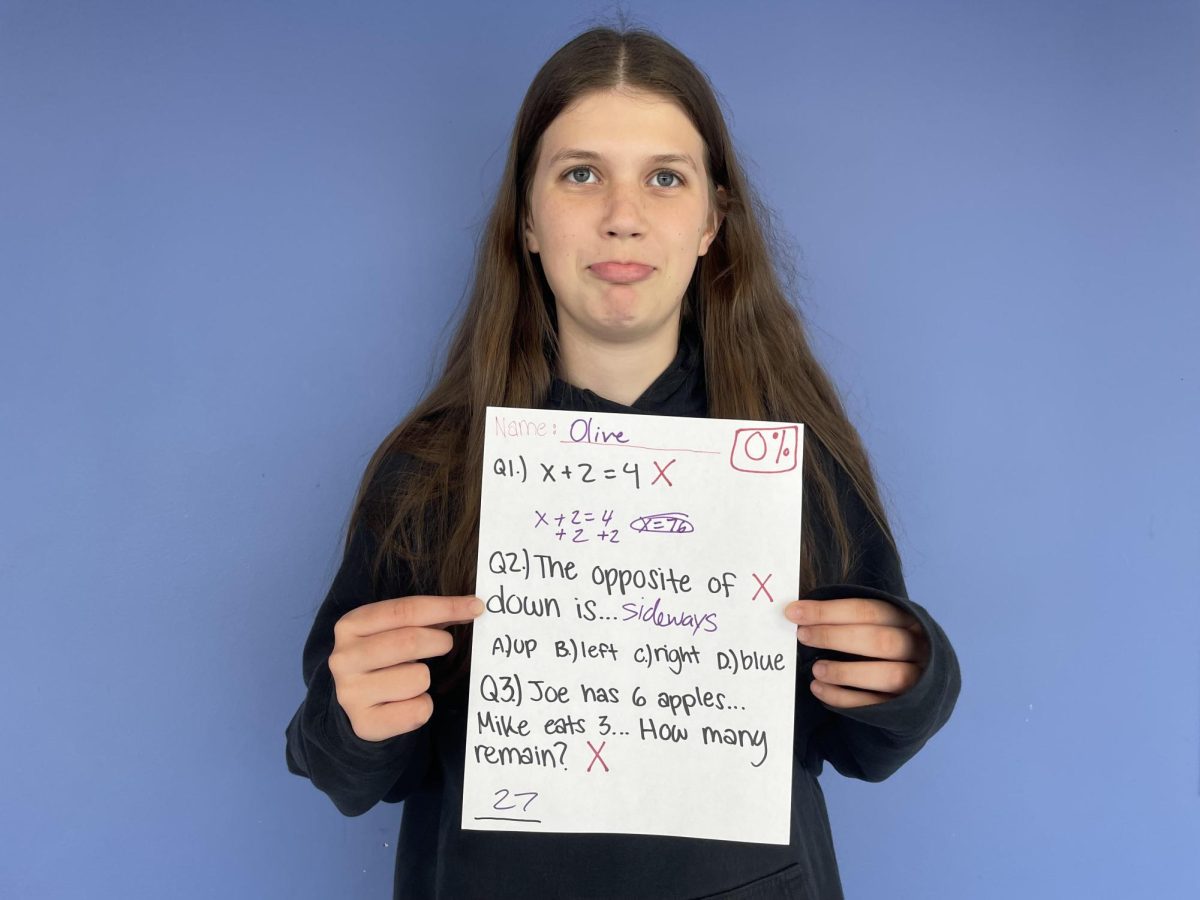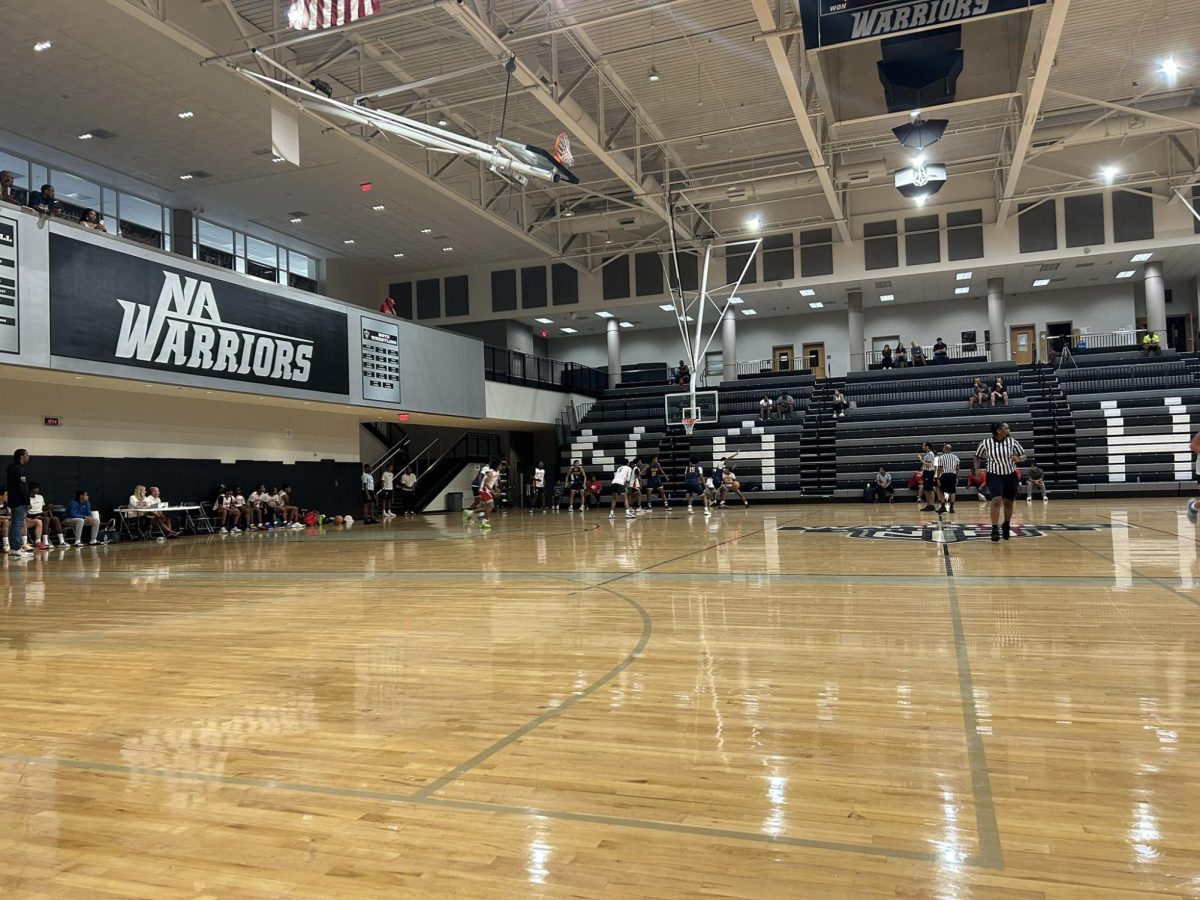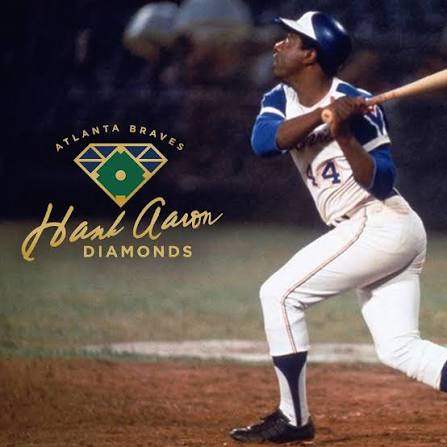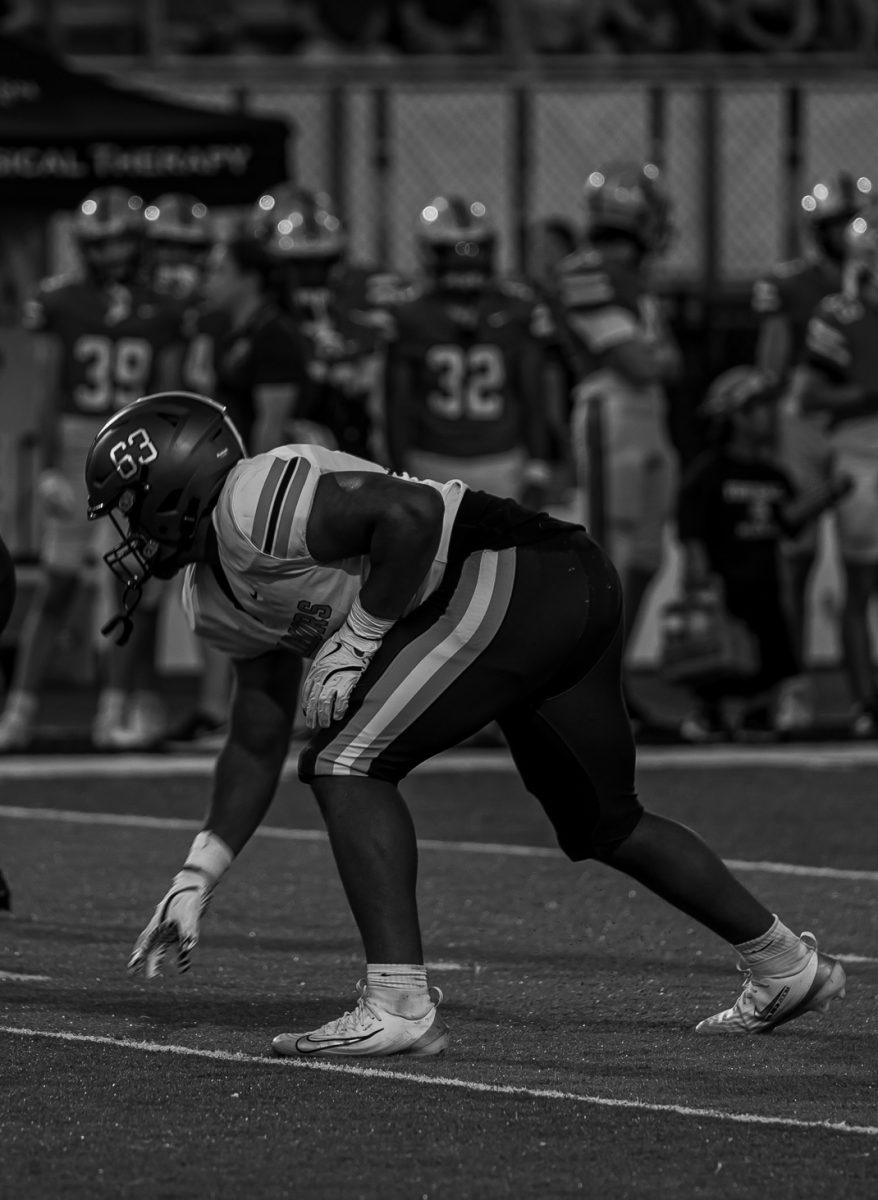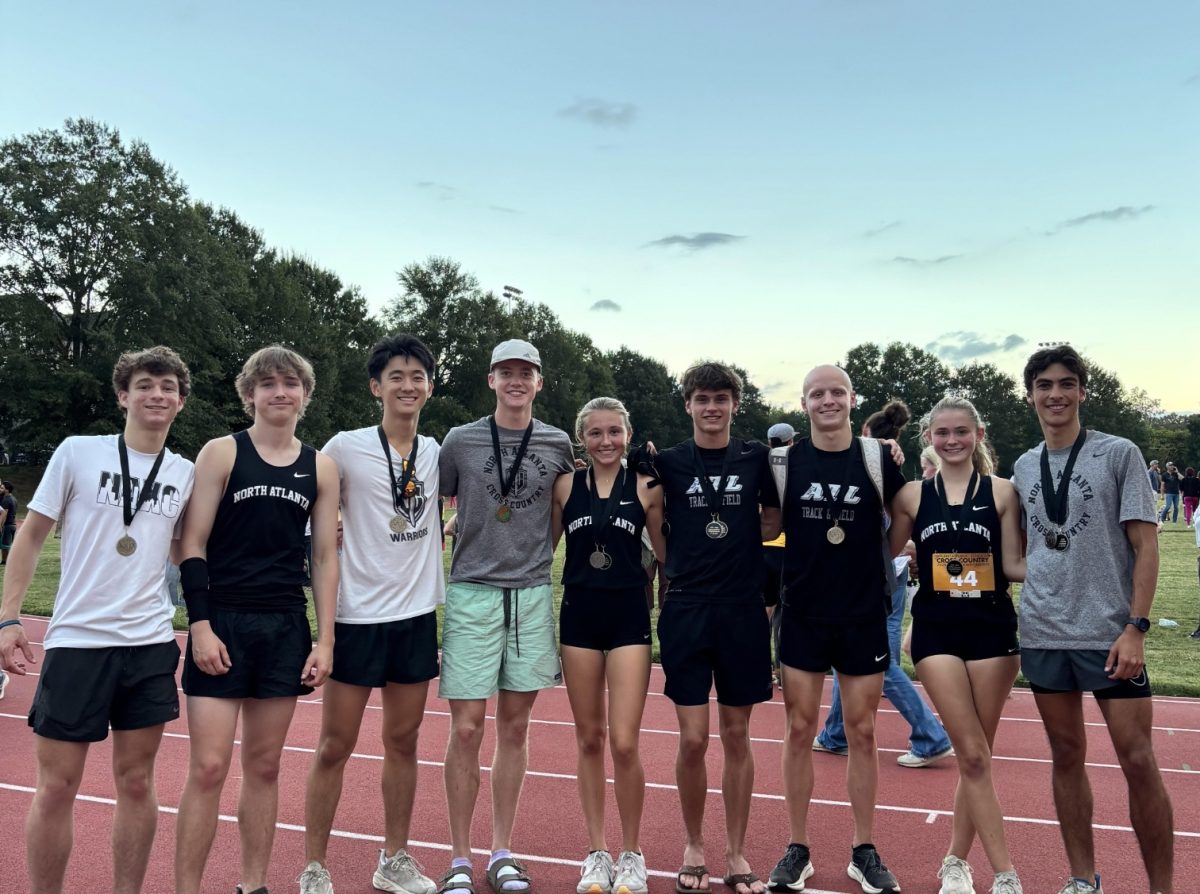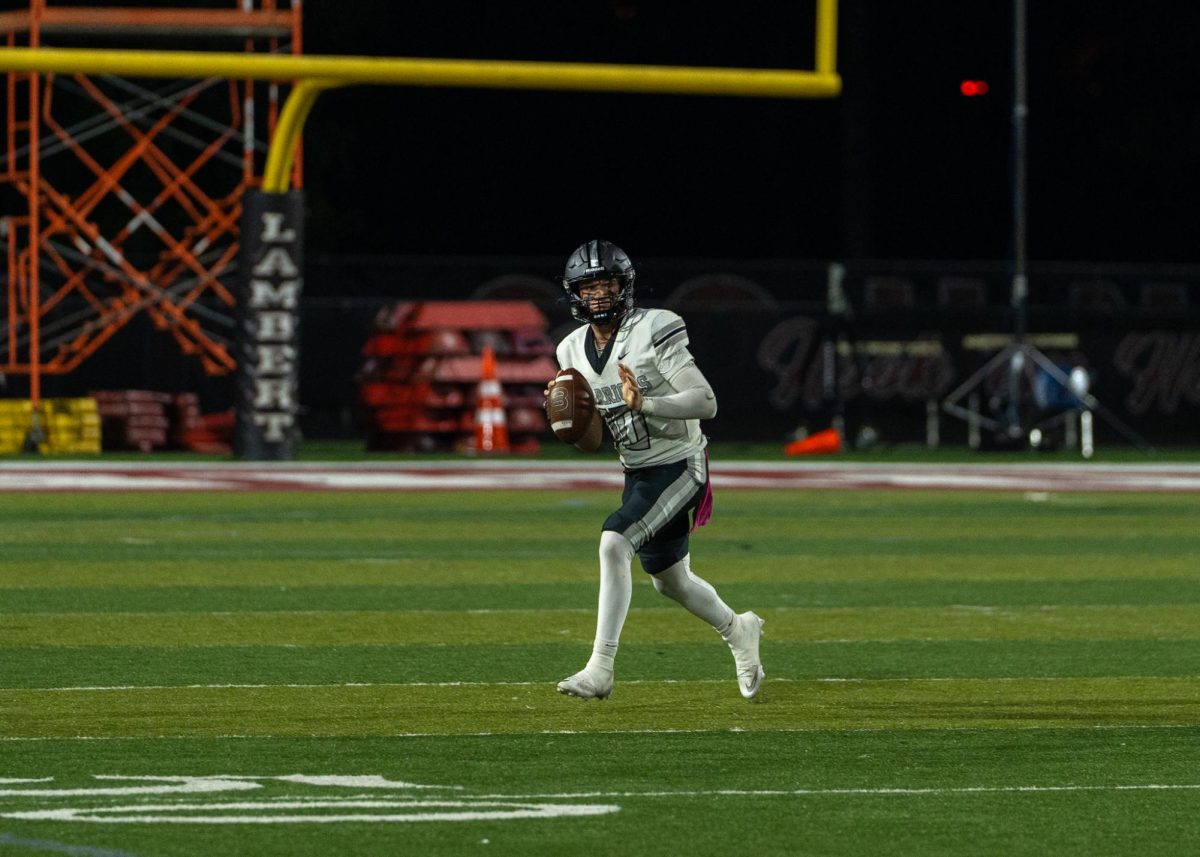Human first, athlete second. The order in which mental health advocates recommend athletes prioritize their lives. More Than an Athlete Week provided student athletes with insight, personal stories, and resources surrounding the subject of athletes’ mental health. The week of October 6-10, North Atlanta hosted events such as early morning yoga, professional male and female athletes sharing experiences and answering questions, Hilinski’s Hope, an organization that dedicates their time to sharing Tyler Hilinski’s story, a popular quarterback who lost his life to suicide, and an honorary captain from Children’s Health Care of Atlanta at Friday night’s football game. This week’s purpose was to offer student-athletes valuable resources that will ensure they bring their A-game mentally, not just physically.
Like any event that is showcased at NAHS, students, faculty, and other outside help put forth a great deal of effort to leave a lasting impact on students. Luckily for North Atlanta High School, students are gifted with opportunities, such as More Than an Athlete Week, that expose them to those who have struggled with mental health as athletes and how to better themselves. More Than an Athlete Week at North Atlanta could not have been done without athletic trainer, Andrea Davis, who hopes to be able to continue this tradition for many years to come. “I hope we can continue to be more open about mental health,” she said. “And remember to also give back to those who have given to us.”
Throughout the week’s events, speakers emphasized that athletes are people first and foremost, and that their sport doesn’t define them for who they are as a person. As a teenager, this can be a hard reality to face. Given that life for student athletes is typically a never-ending cycle: school, sport, sleep, repeat. Suppose you don’t have a good day at school. In that case, you make up for it by showing out at practice, quickly creating an unhealthy cycle. The guest speakers at More than an Athlete Week gave insight to those who may be struggling with a toxic relationship with their sport and how to refine it. Sophomore Ansley Kirbo knows this struggle all too well. “It was important to me when they talked about not overworking yourself because it really isn’t beneficial, because I feel like that’s something I struggle with,” she said.
It is no secret that society has enforced toxic masculinity, creating unachievable expectations, making them feel weak for speaking their feelings, leading many of them to suffer in silence. At the men’s panel on October 9th, NAHS hosted male athletes who served as guest speakers and shared their experiences with their mental health surrounding their sport, and reminded male athletes that it is okay to ask for help. Quinn Herring, a junior at North Atlanta felt secure in knowing that he can ask and offer help to his teammates and peers when needed. “My biggest takeaway was learning how to confront the emotional stigma behind speaking your feelings and being strong enough to say or talk about what you’re experiencing and going through,” he said.
By the end of more than an athlete week, students at NAHS were reminded that success goes beyond the scoreboard. The conversations, advice, and personal stories shared by the guest speakers emphasize the importance of mental health. For many student athletes, the message was clear: your value isn’t defined by your performance but by who you are as a person. As the week came to a close, students walked away not just better athletes but as stronger and more mindful individuals ready to prioritize their mental health.


